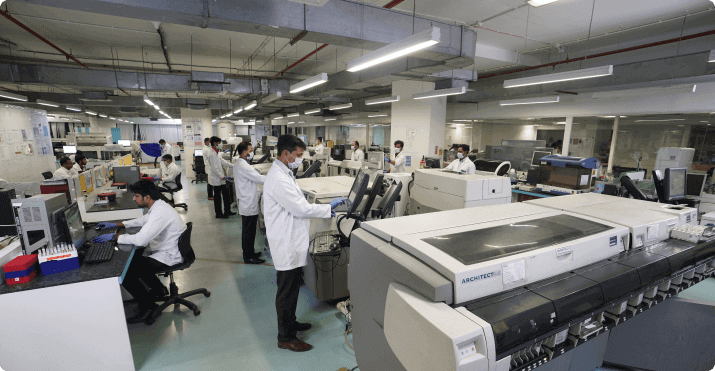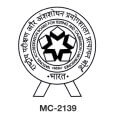Why Metropolis?
Metropolis Healthcare offers a comprehensive range of 4000+ clinical laboratory tests and profiles, which are used for prediction, early detection, diagnostic screening, confirmation and/or monitoring of the disease.
With a team of 200 senior pathologists and over 2000 technicians, we deliver diagnostic solutions in the areas of routine, semi-specialty and super specialty domains like Oncology, Neurology, Gynaecology, Nephrology and many more.



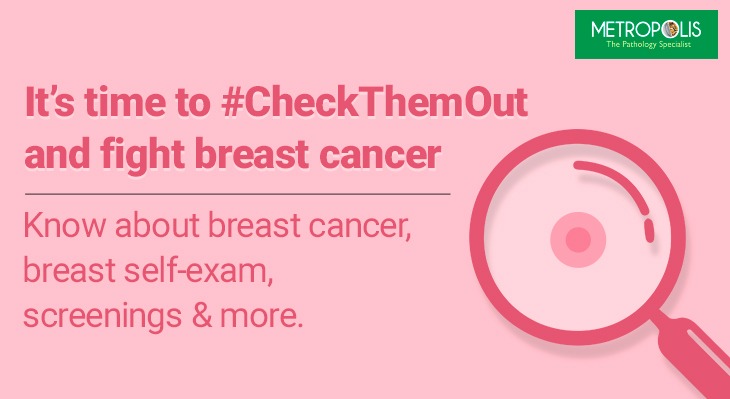
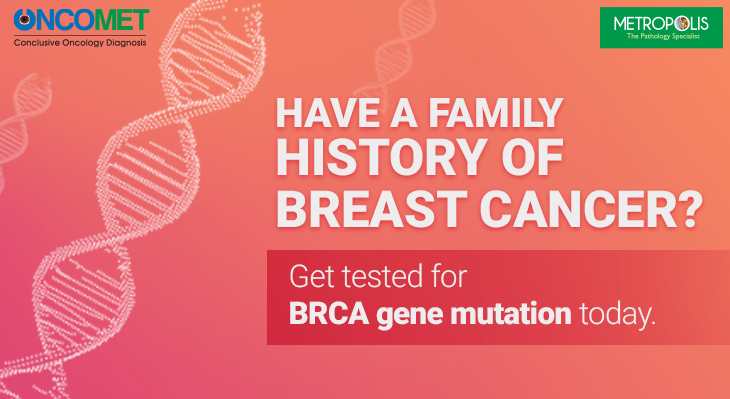
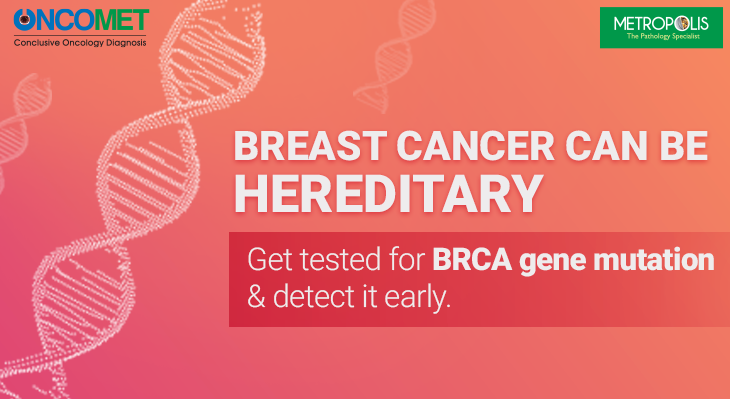
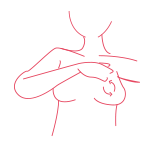
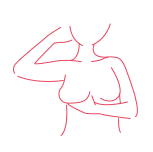

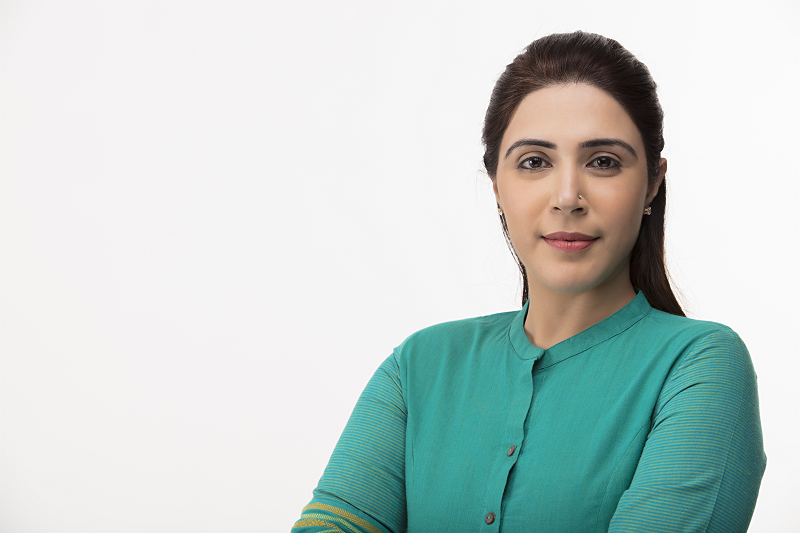



 1.svg)








